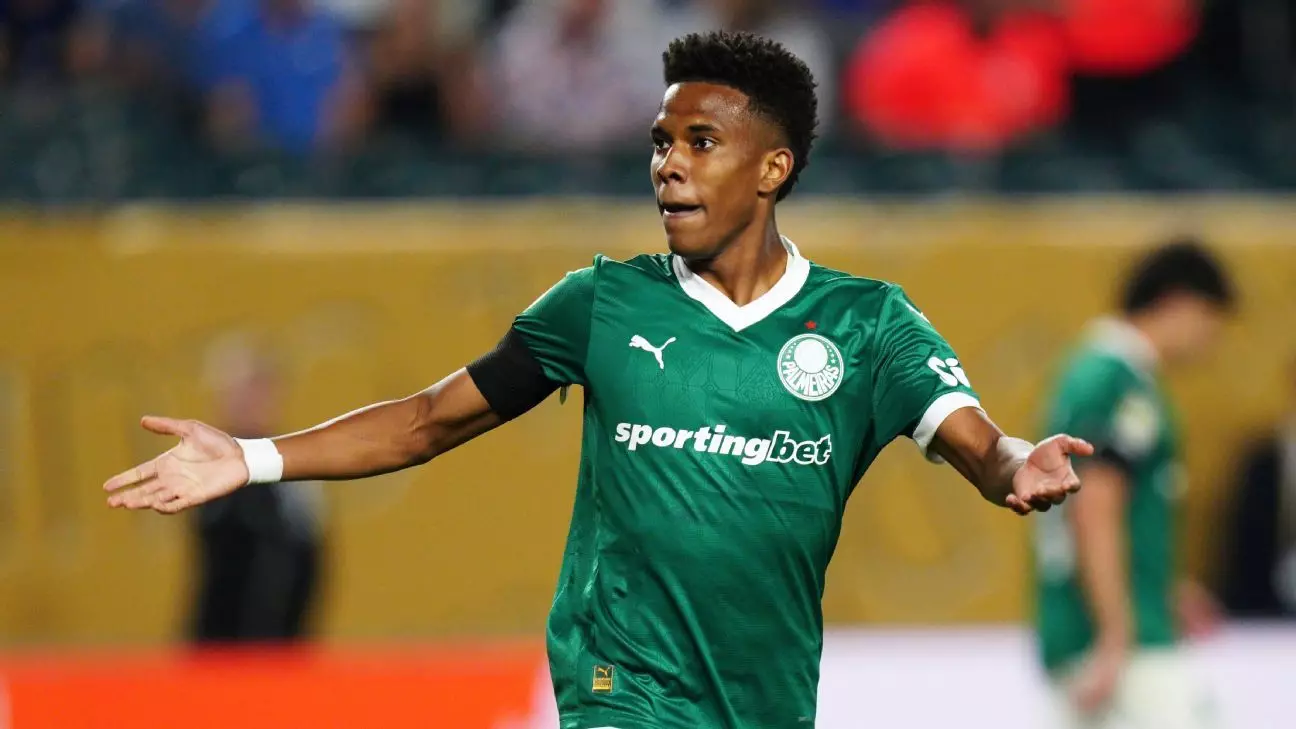In the world of professional football, the emergence of young talents often signals a new era. The rapid development of teenage stars like Estêvão Willian exemplifies how fresh, dynamic energy can invigorate struggling systems and redefine competitive landscapes. Chelsea’s recent acquisition of Estêvão symbolizes more than a transfer; it exemplifies a strategic investment in potential. Yet, beyond the skill and talent, lies a deeper challenge—how to nurture and guide these young athletes within a demanding, often harsh, professional environment. The emphasis should not solely rest on their raw abilities but also on cultivating resilience, maturity, and adaptability. These qualities are essential for transforming fleeting brilliance into sustained success that benefits both the player and the club.
Mentorship Is the Bedrock of Sustainable Development
Estêvão’s rise and his immediate impact in high-pressure situations reveal not just his innate talent, but also the importance of supportive mentorship. Palmeiras’ coaching staff, led by Abel Ferreira, highlighted the importance of nurturing not just the athlete’s technical prowess but also his character. Ferreira’s advice to Chelsea—that they should “embrace” and “take care of him”—underscores a critical truth: young players require careful management, understanding, and patience. A club that invests heavily in a youthful player must recognize that swift success does not come solely through talent; it stems from a holistic approach that fosters emotional well-being, cultural integration, and professional growth. Chelsea’s role, therefore, is to establish an environment that champions mentorship and patience, enabling Estêvão to evolve into the complete player he has the potential to become.
Adapting to New Challenges: More Than Just the Sun
One of the subtle yet vital points highlighted was Ferreira’s humorous warning about the differences in climate and lifestyle—”the sun is not the same”—a reminder that adaptation extends beyond the pitch. Young players moving internationally face profound cultural and environmental shifts that can impact their performance. For Estêvão, adjusting to life in England will require more than just physical acclimation; mental resilience and a strong support system are essential components of success. The club’s obligation extends beyond tactics and training; it must include fostering a sense of belonging, understanding, and patience. Recognizing that mistakes are part of growth, Chelsea should view these early challenges as opportunities for deeper engagement and overall personal development.
The Significance of Investing in Long-Term Potential
Chelsea’s substantial financial investment—£33.8 million—reflects a broader vision: acquiring young talent with significant upside. Such investments are inherently risky but can yield extraordinary returns when managed correctly. The key lies in balancing immediate results with long-term development. By nurturing Estêvão with tailored training programs, mentorship, and patience, Chelsea can transform a promising young star into a cornerstone of their future squad. It’s not enough to rely on natural talent; the club must construct an environment where this talent is systematically honed, mistakes are tolerated, and growth is prioritized. When executed effectively, this approach will not only benefit Estêvão but will serve as a blueprint for cultivating a new generation of players who can carry the club to sustained success.
The Power of Support and Patience in Building Legacy
The trajectory of young athletes like Estêvão offers powerful lessons for football clubs worldwide. The initial burst of brilliance—such as his remarkable goal against Palmeiras—must be accompanied by unwavering support and strategic patience. Ferreira’s advice and praise highlight an often overlooked truth: the journey from youthful prodigy to seasoned professional is paved with care, guidance, and understanding. Clubs that recognize this dynamic can harness the full potential of their youth, creating not just talented players but resilient individuals capable of navigating the complexities of modern football. For Chelsea, embracing this philosophy now may well establish a legacy of nurturing talent, rather than solely purchasing it, ultimately transforming their approach to building a successful, sustainable team for years to come.

